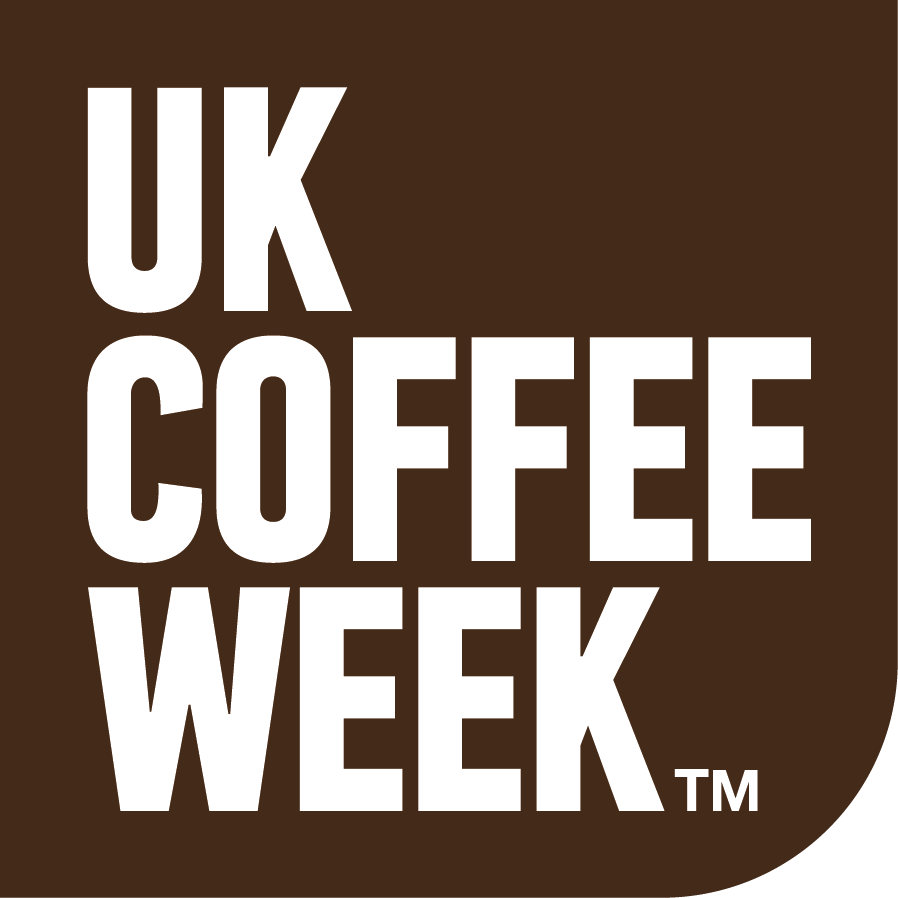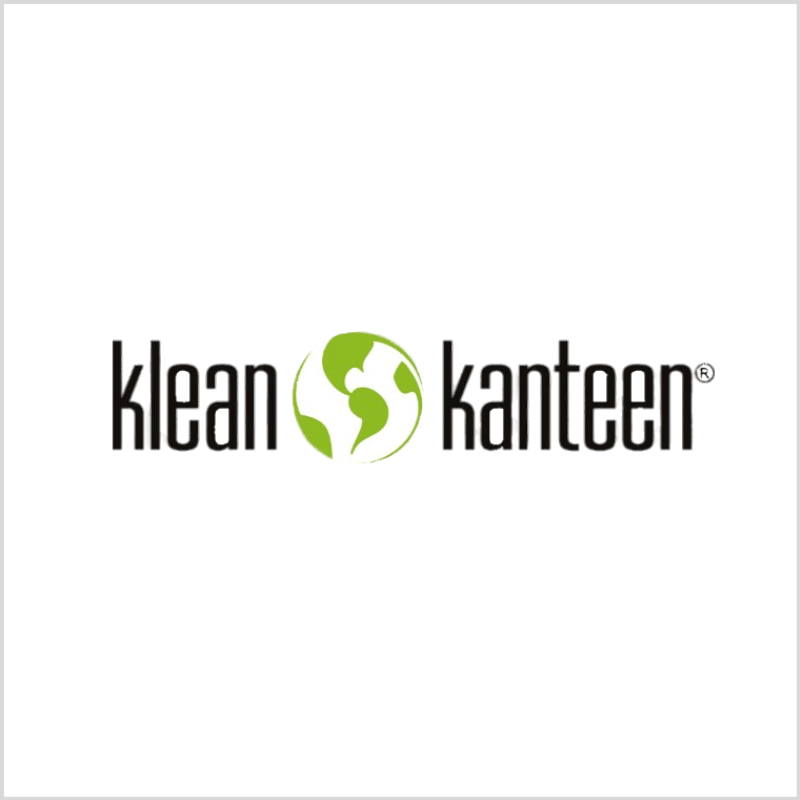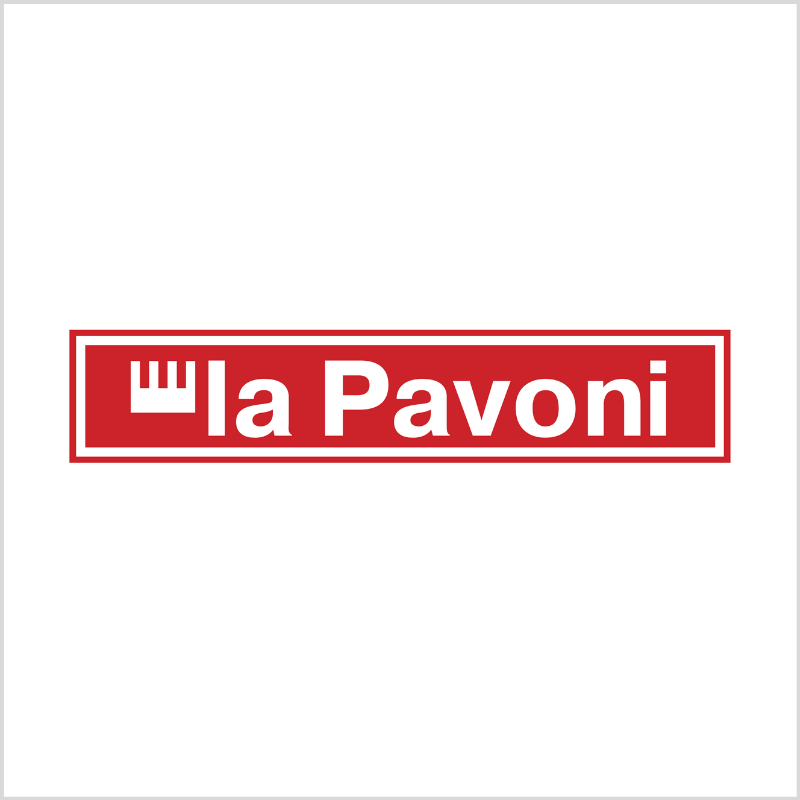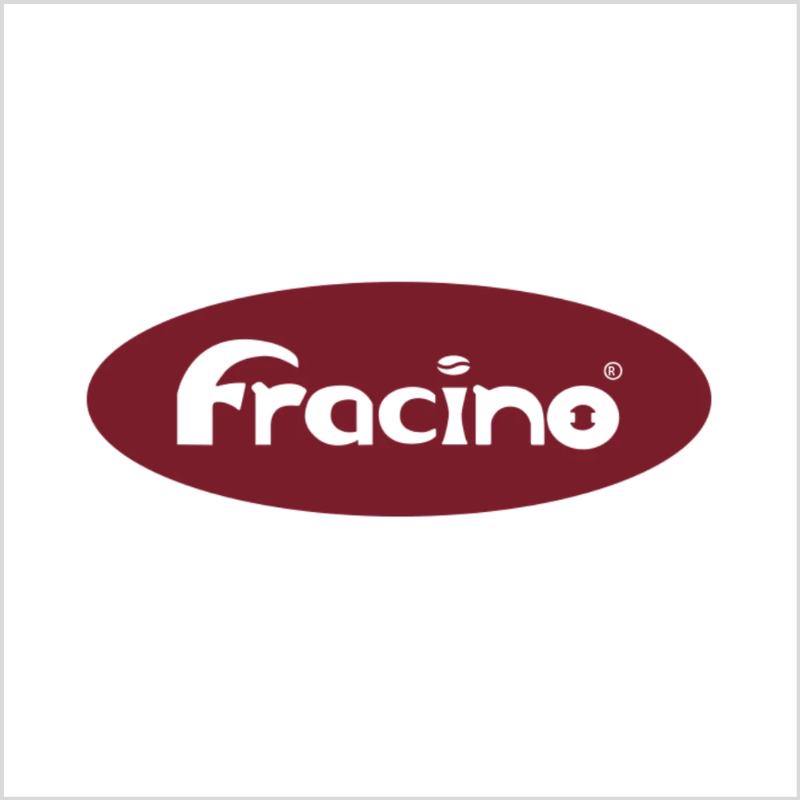Ensuring longevity and sustainability are two key factors we concentrated on when initially devising this project.
Water
In the kebeles (neighbourhoods) where we will be implementing the project, the current multi-village water supply system is not working. The system, which was intended to provide water to health institutions and schools, has not been working for over six years due to poor design and poor quality implementation.
Working in partnership with the local government, we will rebuild the multi-village water system to its full capacity, using our expertise and experience to ensure that it gives sustainable and long-term water provision to the local kebeles. We will develop the sources that supply the water system so that it has the capacity to support the communities, health institutions and schools. To ensure the sustainability and longevity of the system, the facilities will be managed on an ongoing basis by specialist private operators. Two boards will be appointed within the community to represent the voice of the local residents with the private operators.
Sanitation
As shared last week, good sanitation provision will form a core part of the project. As well as developing infrastructure such as constructing gender segregated latrines for schools and health institutions, we will build capacity in local communities to ensure that WASH facilities are maintained on a long-term basis.
Hygiene
Data collected from the kebeles shows a high prevalence of diseases, demonstrating a lack of knowledge in the communities of the importance of good hygiene practices. We will work with local communities, students and healthcare professionals to run evidence-based hygiene awareness initiatives, with a particular focus on women and girls.
“Periods shouldn't come in the way of us achieving our dreams. I don’t think any girl should miss a school day because she is a girl.” – Melal, 15, Ethiopia Photo: WaterAid/ Behailu Shiferaw
Title Photo: Melakie Gizew, 15, is an eighth grade student at Alefa Elementary School. She now has both water and toilet at her school. Alefa, Burie Zuria District, Amhara. Photo: WaterAid/ Behailu Shiferaw
Find out about the history and importance of coffee to communities in the next issue of our ‘Transforming the lives of coffee producers in Ethiopia’ series.
















